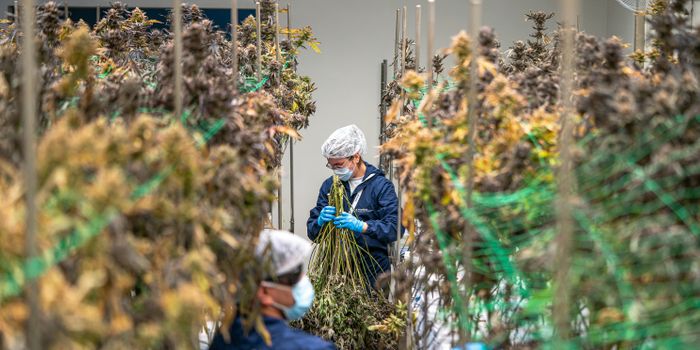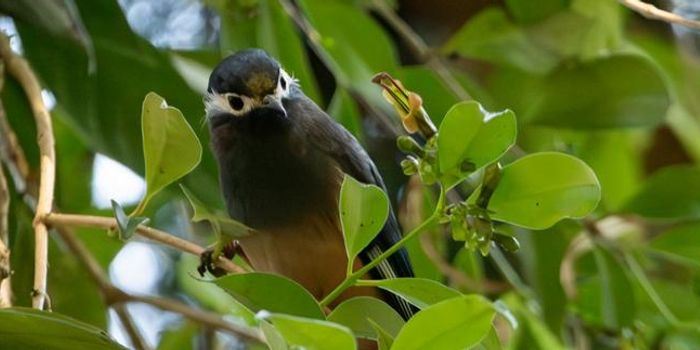New hope springs from Africa's tropical rainforests
African tropical rainforests fared surprisingly well despite extreme drought and heat from the most recent El Niño in 2015-2016, reports a new study. The study, published in the Proceedings of the National Academy of Sciences, analyzed the carbon capture capabilities of tropical rainforests in Africa.
A team from the Leeds’ School of Geography looked at 46,000 trees in 100 different tropical rainforests across the Democratic Republic of the Congo, Gabon, Cameroon, Ghana, Liberia, and the Republic of the Congo. Based on comparisons of measurements taken prior and post the 2015-2016 event, the researchers determined that despite unfavorable climatic conditions, the forests removed 1.1 billion tons of carbon dioxide per year from the atmosphere from 2015-2016.
Lead author Dr. Amy Bennett noted, "We saw no sharp slowdown of tree growth, nor a big rise in tree deaths, as a result of the extreme climatic conditions. Overall, the uptake of carbon dioxide by these intact rainforests reduced by 36%, but they continued to function as a carbon sink, slowing the rate of climate change."
Senior author Professor Simon Lewis commented about the fieldwork they conducted for the tree monitoring: "Scrambling field-teams to get to our remote rainforest sites was worth all the difficulties we faced. This is the first on-the-ground evidence of what happens when you heat and drought an intact African rainforest. What we found surprised me. African rainforests appear more resistant to some additional warming and drought compared to rainforests in Amazonia and Borneo."
Unsurprisingly, their findings showed that bigger trees fared better than smaller trees, which showed less growth and a higher mortality rate during the extreme conditions. Nevertheless, these changes weren’t enough to significantly affect the overall tree biomass in the forests studied.
Dr Bennett concluded, "African tropical forests play an important role in the global carbon cycle, absorbing 1.7 billion tonnes of carbon dioxide from the atmosphere each year in the 2000s. To discover that they will be able to tolerate the predicted conditions of the near future is an unusual source of optimism in climate change science. Our results provide a further incentive to keep global temperature increases to 1.5 degrees Celsius, as outlined in the Paris Agreement, as these forests look to be able to withstand limited increases in temperature and drought."
Sources: PNAS, Science Daily








